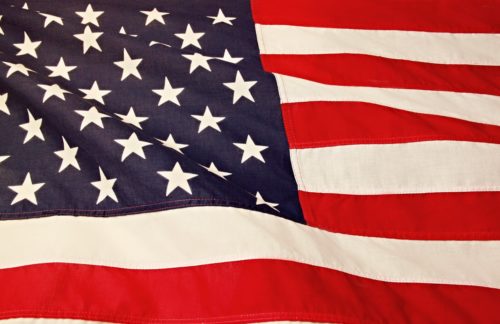
In a significant development, the U.S. State Department has announced a new pilot program commencing in January, revolutionizing the process of renewing H-1B visas. This initiative marks a substantial shift in visa renewal procedures, reintroducing domestic renewal capabilities that were discontinued in 2004. The pilot program, however, has raised both hopes and concerns within the H-1B community, particularly among professionals with dependents on H-4 visas.
Overview of the Pilot Program
The pilot program is poised to benefit 20,000 H-1B visa holders by allowing them to renew their visas within the United States. This is a departure from the norm established post-2004, following the Enhanced Border Security and Visa Entry Reform Act, which necessitated biometric requirements and led to the cessation of domestic renewals.
Process Simplification
Under this new scheme, eligible H-1B visa holders will send their passports to the State Department, which will then replace the existing H-1B visa foil stamp with a new one. This process eliminates the need for these professionals to travel abroad for visa renewal, addressing issues such as high travel costs and long waits for visa appointments or processing.
Exclusion of H-4 Dependents: A Concern for Families
Despite the optimism, the decision to exclude H-4 dependents – the spouses and children of H-1B visa holders – from this pilot program has been a source of disappointment for many. Businesses and legal representatives are voicing their concerns, emphasizing the significant role of H-4 spouses in the U.S. economy, especially in the STEM fields. An estimated 90,000 H-4 spouses, who contribute notably to the workforce, could be affected by this exclusion.
Potential Expansion and Inclusivity
Businesses, attorneys, and H-1B visa holders are hopeful that this pilot program will not only be successful but will also expand to include H-4 dependents in the future. They argue that including H-4 dependents will alleviate the inconveniences faced by families and further support the economic contributions of H-4 spouses.
As we anticipate further details from a forthcoming Federal Register notice in December, the pilot program represents a significant step forward in visa renewal processes for H-1B professionals. However, the exclusion of H-4 dependents highlights an area for potential improvement and expansion. The success of this pilot could pave the way for more inclusive and efficient visa policies in the future, benefiting both the individuals involved and the broader U.S. economy.
This pilot program signals a pivotal moment in U.S. immigration policy, particularly for the H-1B community. It offers a streamlined visa renewal process while also spotlighting the need for more comprehensive solutions that consider the familial and economic impacts on H-1B visa holders and their dependents. If you have any further questions, please don’t hesitate to speak with a skilled New York City immigration lawyer from the Lightman Law Firm today.